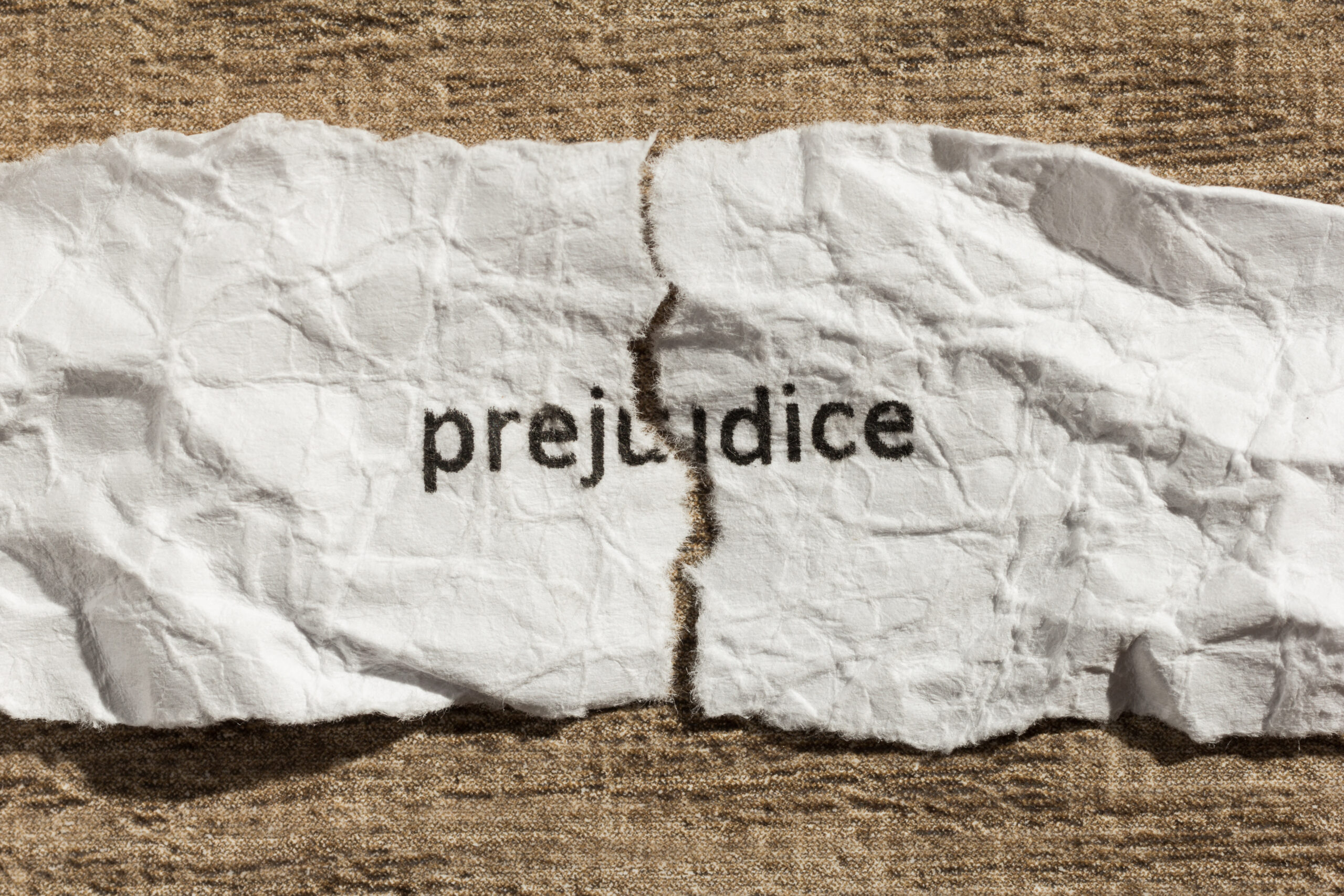
Charitable purposes under IRC Section 501(c)(3) include the promotion of social welfare by organizations that conduct activities to eliminate prejudice and discrimination. See Treas. Reg. 1.501(c)(3)-1(d)(2). The IRS Exempt Organizations Technical Guide: TG 3-3 Exempt Purpose, Charitable IRC 501(c)(3) (rev. 3/20/23) provides the following description:
The pursuit of eliminating prejudice and discrimination is a charitable exempt activity under Section 501(c)(3). The following revenue rulings provide a description of activities found to be in furtherance of a charitable exempt purpose under Section 501(c)(3):
a. Rev. Rul. 68-438,1968-2 C.B. 209: The organization’s activities lessens [sic] neighborhood tension by investigating the existence of discrimination and seeking compliance with applicable laws directly contribute to the elimination of prejudice and discrimination and the defense of human and civil rights secured by law. The organization through its activities qualifies for exemption under Section 501(c)(3) as having a charitable purpose.
b. Rev. Rul. 68-70, 1968-1 C.B. 248: A nonprofit organization that studies employment conditions and informs the public of the advantages of non-discriminatory hiring is eliminating prejudice and discrimination in the community and is an exempt charitable purpose under Section 501(c)(3) .
c. Rev. Rul. 68-655 1968-2 C.B. 213: A nonprofit organization formed to promote racial integration in housing, to lessen neighborhood tensions, and to prevent deterioration of neighborhoods may qualify for exemption under Section 501(c)(3) by educating the public about integrated housing and making loans to minority homeowners to purchase homes in formerly all-white neighborhoods.
d. Rev. Rul. 70-585, Situation 2: An organization that educates the public about integrated housing and constructs new housing that is designed to reduce racial and ethnic imbalances within a community qualifies for exemption under Section 501(c)(3).
Related Charitable Purposes
Charitable purposes also include the promotion of social welfare by organizations that conduct activities to:
- Lessen neighborhood tensions,
- Defend human and civil rights secured by law, or
- Combat community deterioration and juvenile delinquency.
We’ll address each of these purposes in separate posts.
Closer Look
The revenue rulings cited in the Technical Guide are all over 50 years old. But they offer a good place to start.
Investigating the existence of discrimination and seeking another party’s compliance with applicable antidiscrimination laws are 501(c)(3) consistent activities. The latter activity might include various forms of advocacy including appeals to administrative agencies and executive branch officials to enforce applicable regulations, impact litigation, public education identifying the other party’s noncompliance, and boycotts.
Researching the impacts of discrimination and non-discrimination and advocating for the elimination of prejudice and discrimination are charitable activities. Eliminating prejudice and discrimination can include addressing systemic and institutional discrimination. However, this is subject to compliance with other laws, including with existing anti-discrimination laws that have been subject to disappointing interpretations by our courts.
The promotion of racial integration in housing is described as charitable by two of the revenue rulings cited above. It seems reasonable to assume that the promotion of racial integration in other areas, like employment, education, and access to public goods, where aimed at eliminating prejudice and discrimination, would also be considered charitable. However, how this assumption might be impacted by other laws and legal principles, including regarding affirmative action and private benefit, makes it deserving of additional scrutiny. While I don’t expect Treasury to provide further guidance on the elimination of prejudice and discrimination as charitable anytime soon, it’s safe to expect a steady stream of additional laws developing around what may or may not be acceptable in eliminating prejudice and discrimination.